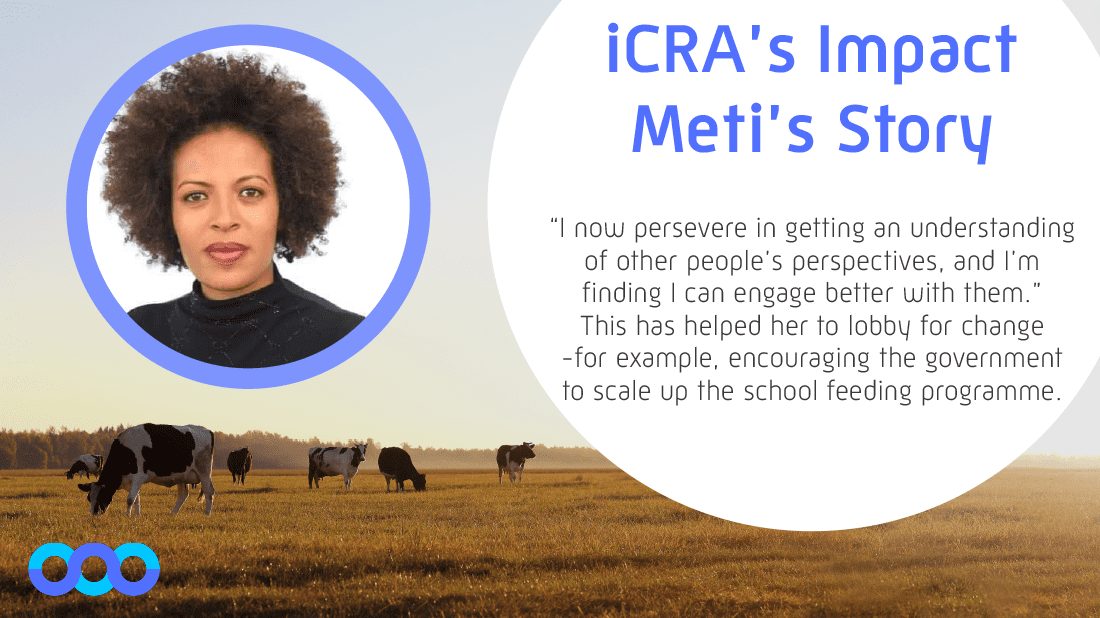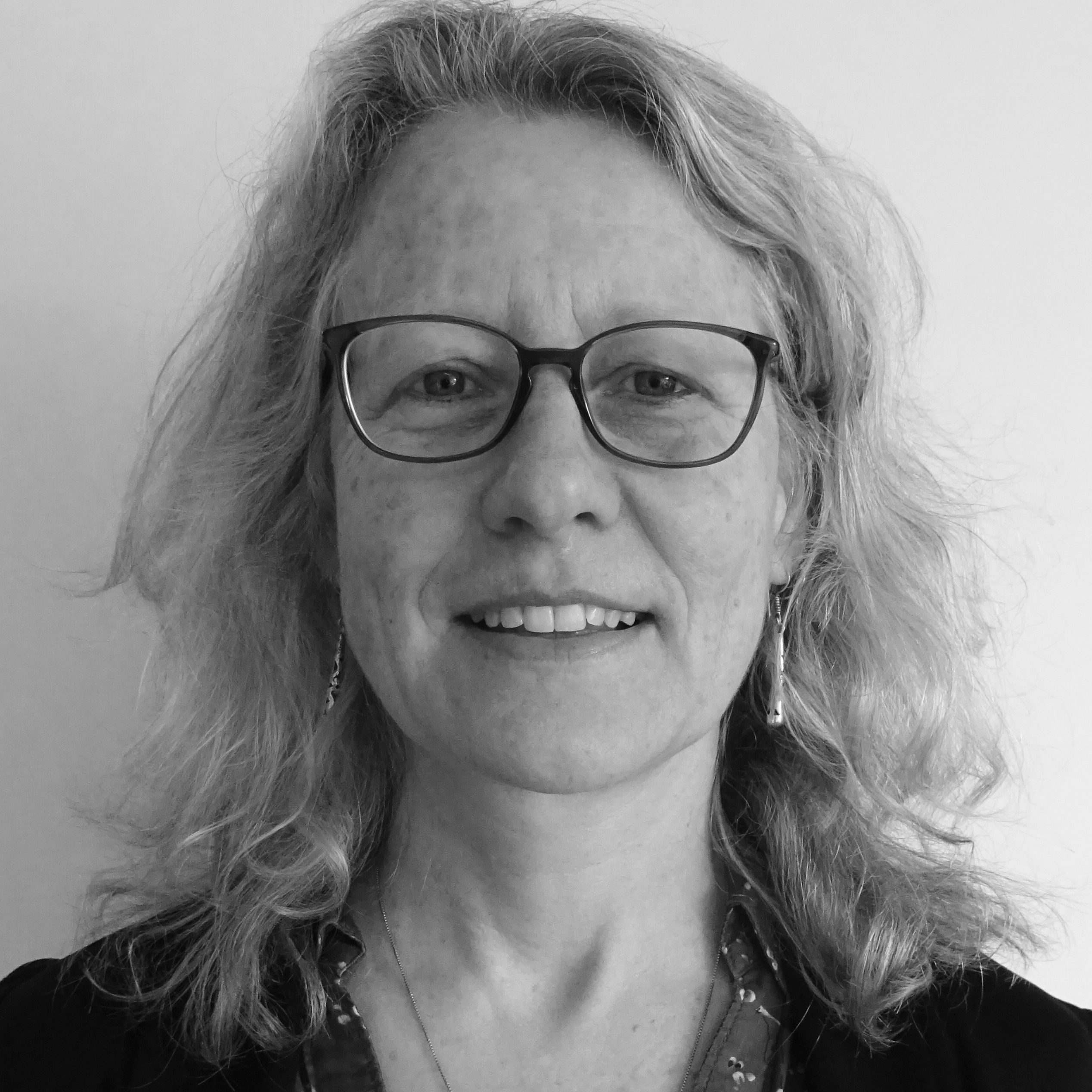
My iCRA training gave me the tools to lobby for change
In 2019, the Ethiopian government decided to take on school feeding in its public schools, and established an agency especially for that purpose. Today, Ethiopia has school feeding programmes in all but two provinces, serving almost 1.7 million students in 4,036 public schools. According to Meti Tamrat, the impetus for this decision was the CDAIS programme[1], which was coordinated by iCRA from 2015-2019.
We recently caught up with Meti, who was the CDAIS National Innovation Facilitator for the Dairy niche in Ethiopia. In that role, Meti had completed a pilot school milk feeding programme, that connected smallholder dairy farmers in the countryside with public schools in the capital city of Addis Ababa. The dairy farmers were trained in professionalising their dairy production processes, and with the resulting higher production, milk could be made available to children attending the schools. When CDAIS ended, Meti Tamrat landed a job as School health and nutrition advisor to the mayor of Addis Ababa. That municipality alone serves 242 public schools, feeding a total of 422,000 children.
Although the school feeding programme continues today, because of the situation of the Covid19 pandemic, it has unfortunately been less smooth this last year. After a period of schools being closed, they opened up again in the last four months. This programme has become critical for food security in Ethiopia. In Addis Ababa, for example, over half of the children attending public schools come from destitute families. The students attend in three-day shifts per week, with half the children attending at once.
While dairy products are not part of the traditional Ethiopian diet – except among pastoralist populations- milk provides highly concentrated nutrients important for healthy growth. The school milk programme made it possible to boost children’s nutrition in an effective way. Its expense, however, has meant that the government needed to ally with an international NGO after the CDAIS programme closed, to help fund it as part of the school meals. The pandemic has unfortunately delayed this collaboration for now, so in the meantime, children get school meals without the dairy supplement. But Meti is hopeful that the agreement will continue once the situation opens up again.
Meti looks back at her collaboration with the CDAIS programme with a very positive feeling. Through the training provided by iCRA, she learned to communicate better and to think in a different way – skills she uses in her work every day. According to Meti, “I now persevere in getting an understanding of other people’s perspectives, and I’m finding I can engage better with them.” This has helped her to lobby for change -for example, encouraging the government to scale up the school feeding programme.
[1] The Capacity Development in Agricultural Innovation Systems (CDAIS) programme, coordinated by iCRA from 2015-2019. CDAIS was implemented by Agrinatura and FAO, financed by the EU (DevCo – now INTPA).
Author: Mundie Salm


Recent Comments